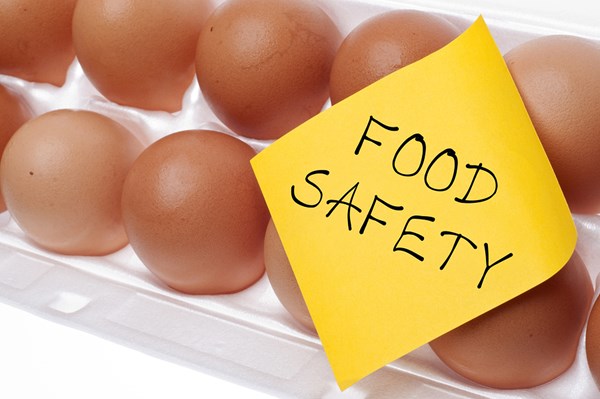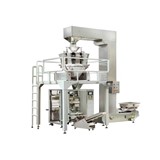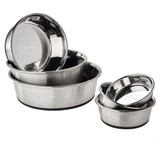Strict standards apply to all aspects of food preparation, from storage and processing to disposal and recall. So here are some tips to help keep your business comply.
Train your team
Everyone involved in food handling and preparation, including kitchen hands, must be properly schooled in food safety and hygiene. You can either do this yourself or undertake formal training through courses run by hospitality associations or your local council. The latter is obviously advisable, but not mandatory. If you decide to teach your staff the dos and don'ts yourself, just make sure you know exactly what they are first.
Control the temperature
A very public brush with food poisoning is guaranteed to clear your tables faster than a bomb scare, so be ever vigilant to keep bacteria at bay. Food that's left out for long periods or not chilled at the right temperature during transport or storage is often the culprit. Make sure all your perishable goods make the journey from source to table within their specified storage guidelines.
Cook to the books
Some food must be cooked right through to make it safe and again, your food poisoning prospects rise every time you don't stick to the rules. Minced meats and chickens are happy hunting grounds for all kinds of nasty bacteria and must be cooked right through to eliminate the danger.
Combat contamination
All storage areas for refrigerated and non-refrigerated goods must be designed to minimise contamination. If areas can't be properly sealed, cover them with protective barriers. This also applies to ready-to-eat food in display cases where flies and other insects can have a field day. Always supervise your food displays – if you don't spot that fly on your ham sandwiches, someone else will.
Maintain general hygiene
It goes without saying, but your entire operation must be cleaned and sanitised as regularly as humanly possible – your business longevity depends on it. This applies to all surfaces where food is prepared, all food preparation equipment, and all serving equipment. As far as peak times allow, you should train all staff to take pride in the business, present it as nicely as they can at all times and have a clean-as-you-go approach to their work.













-160x160-state_article-rel-cat.jpg)